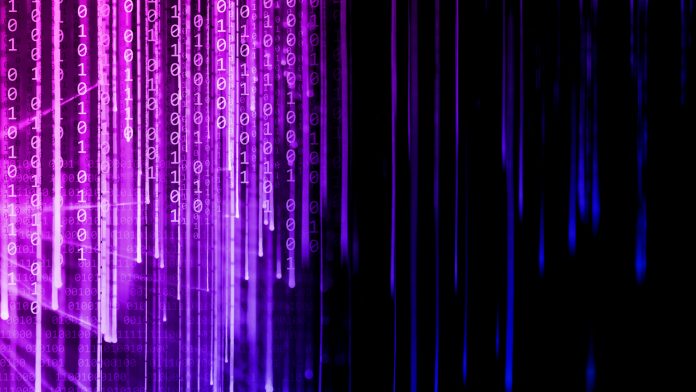A researcher has been awarded $1m for the first project of its kind to bring post-quantum cryptography to NextG networks.
The National Science Foundation (NSF) has revealed new funding worth $37m to develop NextG networks. NextG is expected to provide faster mobile, Wi-Fi, and satellite networks, which will transform the capacity of data streaming, wireless communications, analytics, and automation.
Applying post-quantum cryptography to next generation networks
The NSF selected 34 researchers from across the US and presented them with funding opportunities. Of this 34, Reza Azarderakhsh of Florida Atlantic University (FAU) has received $1m funding for a project called: “RINGS: Bringing Post-Quantum Cryptography to Large-Scale NextG Systems.”
At present, FAU is the only establishment researching the application of post-quantum cryptography on next generation networks. Azarderakhsh, an Associate Professor in the Department of Electrical Engineering and Computer Science, is leading this work alongside colleagues from Florida’s International University and Marquette University in Wisconsin.
The investment, ‘RINGS’, stands for Resilient and Intelligent Next-Generation Systems, and is a public-private partnership centred on advancing research to enhance the US’ competitiveness in NextG networking and computer technologies, as well as guaranteeing the resilience and security of NextG technologies and infrastructure.
Combining expertise from the public and private sectors
The RINGS programme represents the NSF’s effort to involve both public and private partners in a joint research programme. The project brings together companies like Apple, Google, Microsoft, and agencies, such as the U.S. Department of Defense and the National Institute of Standards and Technology. The intention is that this project will result in better national defence, public health and safety, education, digital infrastructure, and transportation.
“While one of the promises of the upcoming 5G/6G systems is to offer increased performance in terms of coverage and performance, there is a major effort in integrating millions of Internet of Things or IoT devices into NextG,” explained Azarderakhsh, an Associate Professor in the Department of Electrical Engineering and Computer Science and a research fellow of FAU’s Institute for Sensing and Embedded Network Systems Engineering (I-SENSE).
“As there will be more and more connected devices per capabilities of NextG systems, the attack surface for cyber threats arising from both classical and quantum computers also will be expanded. More importantly, as the progress in building quantum computers is becoming more realistic, it is prudent to adapt end-to-end quantum-resistant security protocols into the NextG systems as they get designed and deployed for data in transit and at rest.”
Developing quantum-safe cryptography algorithms
The project will combine theories from quantum-safe device level security, security management, wireless networking, and network evaluation and study them in new ways that, up until now, have remained unexplored. Alongside his colleagues, Azarderakhsh will push the boundaries of investigation in quantum-safe cryptography algorithms for the IoT devices deployed in NextG systems. Quantum cryptography applies the principles of quantum mechanics to encrypt data and communicate in a way that cannot be hacked. On top of this, the team will examine effective quantum-safe certificate management and end-to-end deployment, as well as evaluations of quantum-safe cryptography in NextG systems.
“NextG networks are vulnerable to both small-scale criminal attacks as well as massive cyber-espionage and cyber-attacks,” concluded Stella Batalama, PhD, and Dean at the College of Engineering and Computer Science.
“Outcomes from Professor Azarderakhsh’s cutting-edge project will focus on bringing significant benefits to society as it will increase the security of everyday connections against the attacks from sponsored attackers with future access to quantum computers benefiting both defense and commercial entities. Importantly, this project also will offer training opportunities for underrepresented students to conduct quantum-cryptographic research on a real-life 5G testbed.”









